On November 16, Nikkei Asia reported that China's CSI Semiconductor Index (CSI931865) has increased for six consecutive sessions since the US presidential election results on November 5. This is an index that evaluates semiconductor companies on the Chinese stock market.
Take difficulties as motivation?
CSI931865 has risen 26% year to date, outperforming the Shanghai Composite Index's 12% gain. It is also higher than the 20% gain of SOX, a similar index on the NASDAQ.
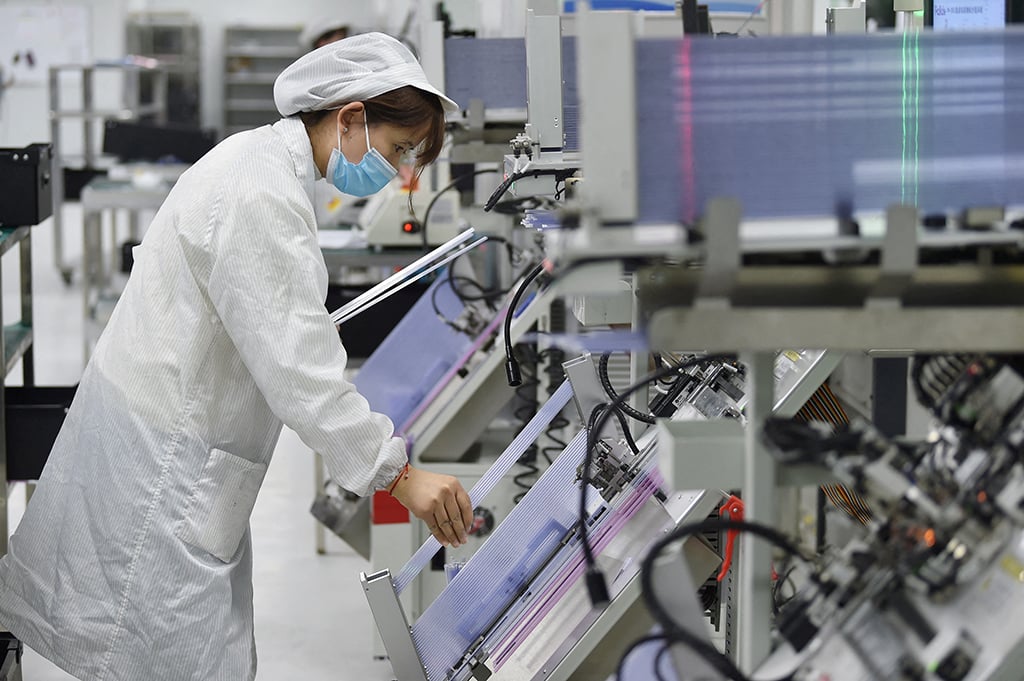
Inside a semiconductor chip factory in Jiangsu province (China)
The increase in CSI931865 is believed to be because China's semiconductor industry enterprises will have growth opportunities as they play an increasingly larger role in the domestic market amid the country's limited access to advanced semiconductor chip technology, supplies and products.
Empyrean Technology, which makes automated tools for chip design, has been the third-highest gainer in China’s overall stock market recently, as it is expected to dominate the Chinese market as US rivals such as Synopsys and Cadence Design Systems are restricted from accessing the mainland market. Nexchip Semiconductor, the fourth-highest gainer in China’s stock market, has risen more than 20% since its 2023 initial public offering (IPO).
Active preparation but no small challenge
Perhaps, having learned from the experience of facing sanctions during Trump's first term (2017 - 2021) as well as the subsequent term of US President Joe Biden (from 2021), Chinese semiconductor companies are making every effort to prepare as the US-China trade war is expected to escalate further under Trump.
According to Reuters citing data from China Customs, the country has increased its purchase of semiconductor equipment from abroad. From January to September 2024, China's semiconductor equipment imports increased by more than 30% compared to the same period last year, to 24.12 billion USD. Of this equipment, up to 7.9 billion USD was spent on lithography machines, which are needed to produce the most advanced chips. China's investment in lithography machines increased by 35.44% compared to the same period last year. Most of the lithography machines that China bought came from ASML (Netherlands) - worth up to 7 billion USD, accounting for more than 88% of the total value of 7.9 billion USD.
However, ASML Holding has supplied its most advanced deep ultraviolet (DUV) lithography machines to China this year. According to the US's request from 2023, ASML is only allowed to supply some older generation DUVs to China. Since 2019, the US has also requested ASML to stop selling extreme ultraviolet (EUV) lithography machines to China. Restricted access to advanced lithography machines has caused difficulties for the Chinese semiconductor industry. This is also a major challenge for China in the process of becoming self-sufficient in the semiconductor industry. Because of China's development over the years, it has only recently launched lithography machines operating at a wavelength of 193 nm, achieving a resolution of less than 65 nm and a thin coating with a precision of less than 8 nm.
Meanwhile, ASML’s DUV can achieve resolutions below 38 nm and thin-layer coatings with precision down to 1.3 nm. ASML’s EUV machines can achieve even higher resolutions. And without lithography machines at the level of ASML’s equipment, China will have a hard time producing advanced semiconductor chips on its own.
Not only that, even before Mr. Trump took office, Reuters has just cited a private source revealing that since November 11, the US Department of Commerce has banned TSMC (Taiwan) - the world's largest advanced semiconductor chip manufacturing corporation - from supplying advanced semiconductor chips to mainland China. This has caused many difficulties for the Chinese technology industry as it still needs a lot more time to increase its self-sufficiency.
US grants $6.6 billion to TSMC
The US Department of Commerce announced yesterday that the US government has decided to provide a $6.6 billion grant to the US unit of Taiwan Semiconductor Manufacturing Company (TSMC) to produce semiconductors in Phoenix, Arizona, according to Reuters. In April, TSMC agreed to expand its investment in the US and build a third factory in Arizona by 2030.
Faculty of Arts
Source: https://thanhnien.vn/nganh-chip-trung-quoc-doc-suc-truoc-thuong-chien-leo-thang-185241116215734498.htm






![[Photo] Binh Trieu 1 Bridge has been completed, raised by 1.1m, and will open to traffic at the end of November.](https://vphoto.vietnam.vn/thumb/1200x675/vietnam/resource/IMAGE/2025/10/2/a6549e2a3b5848a1ba76a1ded6141fae)

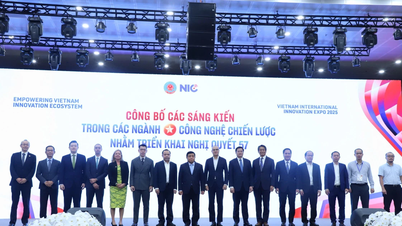

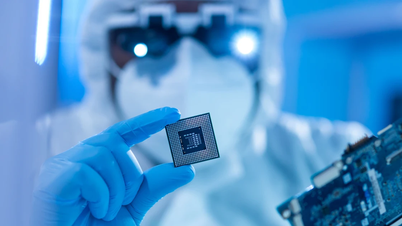

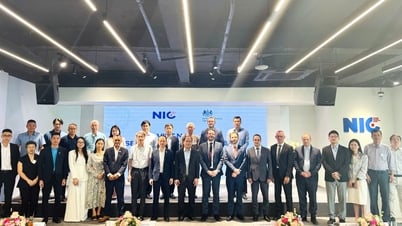

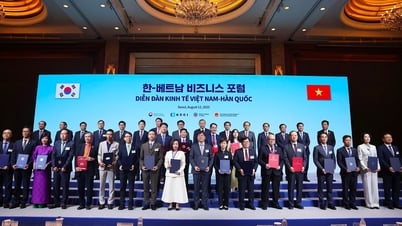








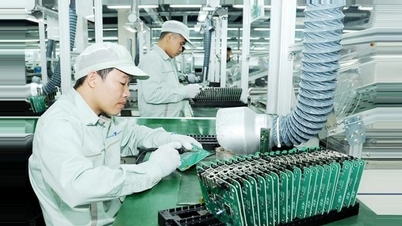
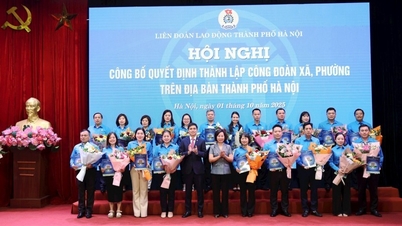










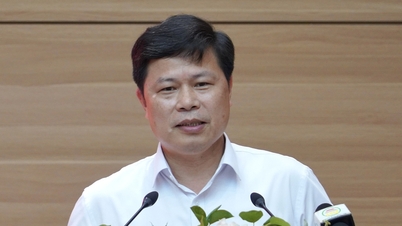












































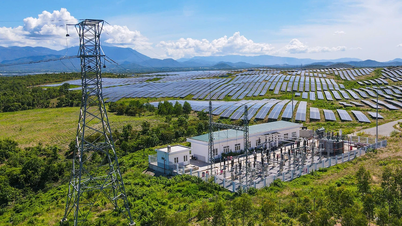


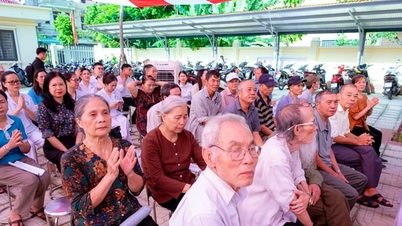




















Comment (0)